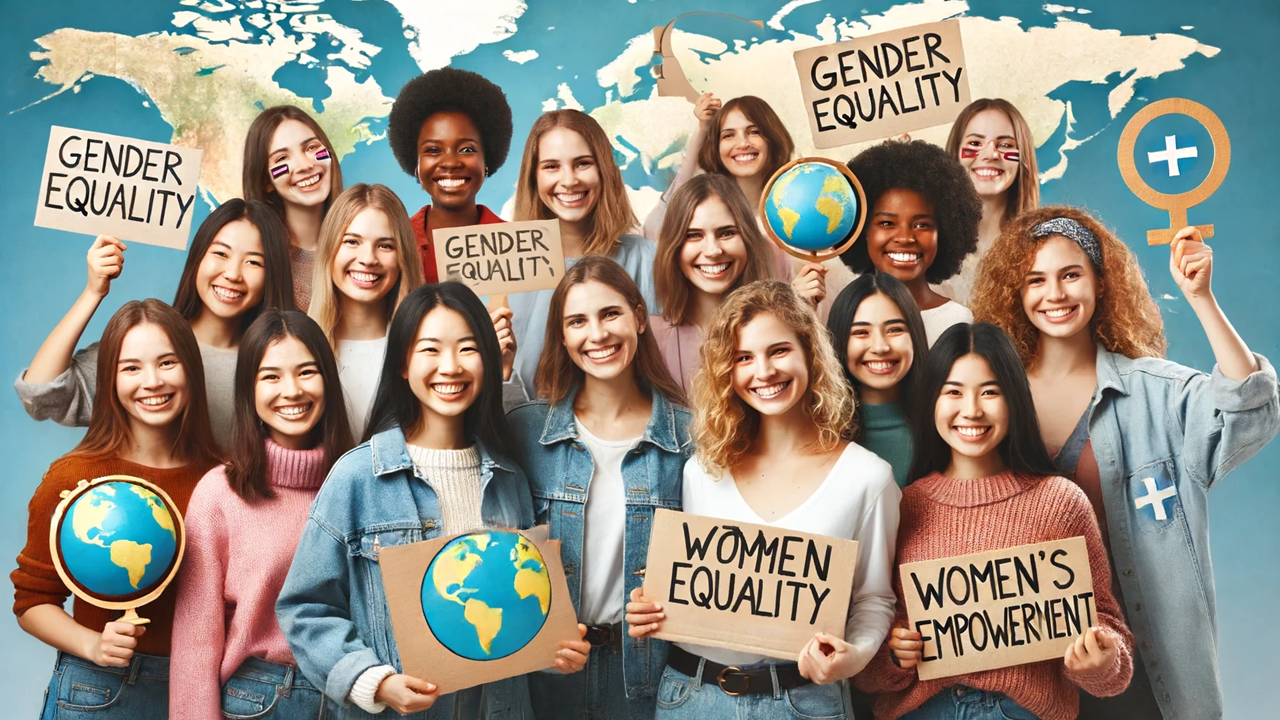In its latest World Employment and Social Outlook: September 2024 Update, the International Labour Organization (ILO) underscores growing inequality and persistent youth disengagement as significant obstacles to meeting Sustainable Development Goals (SDGs) by the 2030 deadline.
The report reveals that the global labour income share, which reflects the portion of total income earned by workers, decreased by 0.6 percentage points from 2019 to 2022 and has since remained stagnant. This flat trend adds to a long-standing decline. Had the labour income share maintained its 2004 level, workers would have collectively earned an additional US$2.4 trillion in 2024 alone.
The COVID-19 pandemic significantly contributed to this decline, with nearly 40% of the reduction in labour income share occurring between 2020 and 2022. The pandemic exacerbated existing inequalities, as capital income continued to accrue to the wealthiest, impeding progress towards SDG 10, which aims to reduce inequality both within and among countries.
Technological advancements, including automation and artificial intelligence, have also influenced this trend. While these innovations have increased productivity and output, workers have not equitably benefited from these gains. The report warns that without comprehensive policies to ensure that the benefits of technological progress are more broadly distributed, recent advancements could further deepen inequality, threatening the achievement of the SDGs.
Celeste Drake, ILO Deputy Director-General, emphasized the need for equitable economic policies, stating, "Countries must take action to counter the risk of declining labour income share. We need policies that promote an equitable distribution of economic benefits, including freedom of association, collective bargaining, and effective labour administration, to achieve inclusive growth and build a path to sustainable development for all."
The report also highlights concerns from the ILO’s Global Employment Trends for Youth (GET Youth), which shows a troubling persistence of youth not engaged in employment, education, or training (NEET). The global NEET rate has only marginally decreased from 21.3% in 2015 to 20.4% in 2024 and is expected to remain stable over the next two years. The female NEET rate, at 28.2% in 2024, is more than double that of young men, posing a significant challenge to SDG 8, which focuses on promoting sustained, inclusive economic growth and decent work for all.
The ILO’s findings call for urgent action to address these issues and ensure that economic and social advancements are inclusive and equitable, paving the way for sustainable development.











